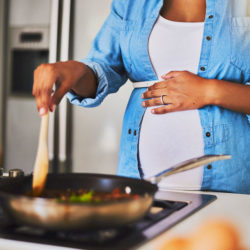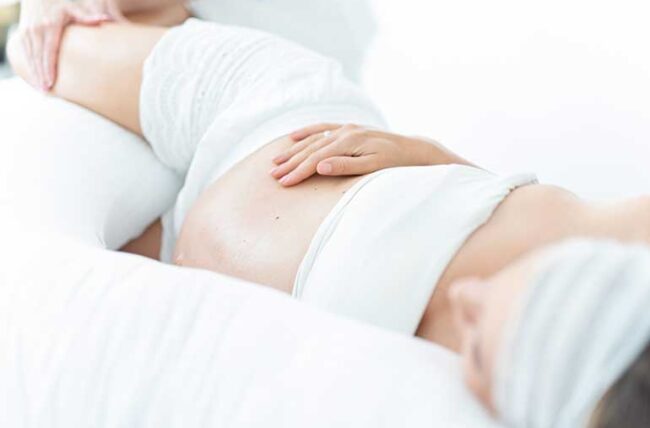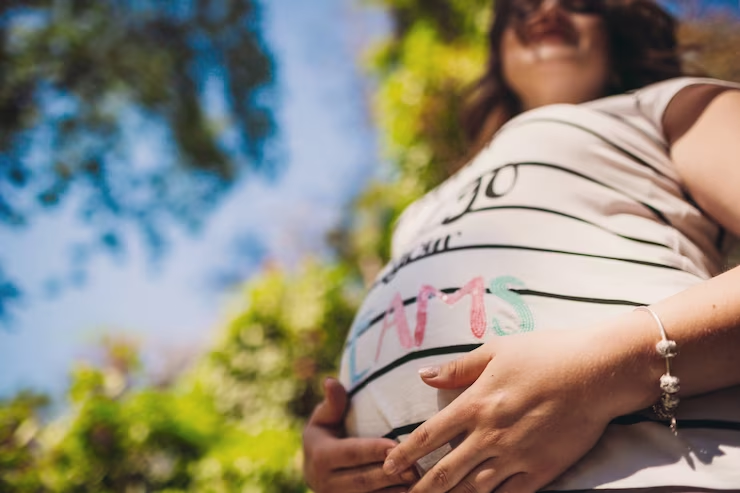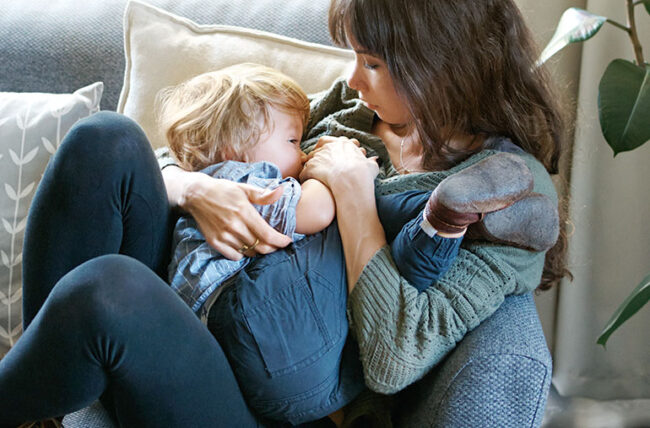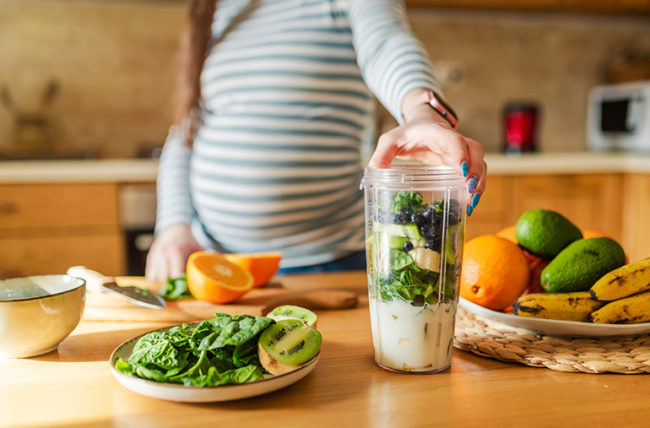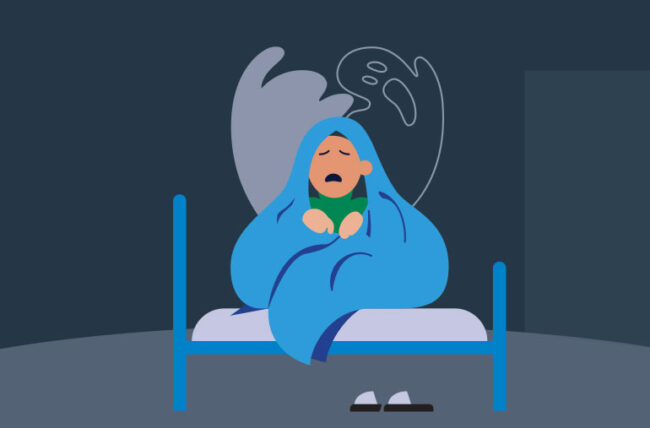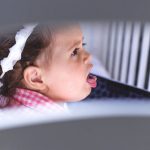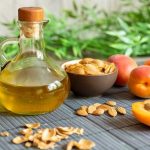You’ll probably want to alter your diet when you’re expecting to ensure that you and your growing baby are healthy.
Healthy pregnancy food should be nutrient dense, such as lean meats, fruits and vegetables. Your daily prenatal vitamins can help you to get all the nutrients you need.
You should avoid some foods and drinks while choosing more nutritious food. They can be harmful to your health or that of your fetus, mainly because of the risk of foodborne illnesses or high mercury levels.
Edward Chien MD shares his advice on foods and beverages to avoid during pregnancy, whether it’s your very first pregnancy or a refresher. We’ve got everything covered, from sushi to caffeine levels that are safe.
Avoiding foods and drinks when pregnant
It is not recommended to lose weight while pregnant.
Dr. Chien says that pregnancy is not the time to shed pounds. Dr. Chien says that pregnant women should be mindful of the food they choose in order to maintain a healthy pregnancy.
Dr. Chien explains what foods should not be included in your pregnancy diet, and why.
1. Certains types of fish
Fish is good for pregnant women, but many types of fish are also good.
There are many fish in the ocean (and also in rivers and lakes). Some of these should be avoided while pregnant. Use this handy list by the Environmental Protection Agency and Food and Drug Administration to help you sort it out.
To understand potential risks, doctors recommend that you also know where your fish is sourced.
Dr. Chien says that choosing the right fish during pregnancy is a bit complicated. There are many variables when it comes to the types of fish and how they are prepared. Speak to your doctor if you are unsure which fish to eat or avoid. You can learn more about how to consume certain seafood, or if it is safe to eat.
Fish can provide you with a lot of nutrients, both for yourself and your baby. Fish that is good for pregnant women includes:
- Catfish.
- Clams.
- Cod.
- Crabs.
- Lobster.
- Perch.
- Salmon.
- Scallops.
- Talapia.
- Whitefish.
These “best choices” can be consumed in two to three portions per week.
Dr. Chien explains the rules for what types of fish you should avoid and limit while pregnant.
Avoid fish high in mercury
Avoid eating fish that contain high levels of mercury when you are pregnant. Too much mercury can be toxic for humans, and cause developmental delays or brain damage in your child. Mercury can accumulate in your body over time and is difficult to eliminate.
ACOG guidelines recommend avoiding the following fish that have high mercury levels:
- Bigeye tuna.
- King mackerel
- Marlin.
- Orange roughy.
- Tilefish (Gulf of Mexico)
- Shark.
- Swordfish.
Undercooked and raw fish should be avoided
You should avoid eating any raw seafood while pregnant. This means that you can skip the sushi or sashimi.
Raw fish is more likely to contain certain bacteria, viruses, and parasites. These little creatures may not have been harmful to you before pregnancy, or they may not be as harmful.
The same applies to undercooked or seared fish and shellfish for pregnant women.
Other fish species are also included in the limit
ACOG recommends that pregnant women and those who are breastfeeding limit certain types of fish.
According to their guidelines, you should not eat more than six ounces of certain types of fish per week.
- Albacore (white) tuna.
- Grouper.
- Halibut.
- Mahi Mahi.
- Snapper.
2. Processed meat
Dr. Chien advises pregnant women to avoid certain meats. This is because they are more likely to contain the Listeria bacteria.
Pregnant women should avoid meats with a high Listeria risk, such as:
- Lunch meats: cold cuts (deli meat) or lunch meats.
- Sausages fermented or dry?
- Pates or meat spreads that are kept in the refrigerator at a deli counter, a meat counter or an upscale grocery store. Cans or shelf-stable varieties are fine, but they must be refrigerated after opening.
- Rare or undercooked poultry or meats
You can eat cooked hot dogs in moderation.
3. Soft cheese
You should not eat queso in your favorite Mexican restaurant while pregnant.
Unpasteurized cheeses are more likely to be soft cheeses. Pasteurization is a process in which food is heated to kill certain bacteria. Unpasteurized foods can increase your risk of — guess what — Listeria.
Avoid unpasteurized cheeses, such as:
- Brie.
- Camembert, and other blue cheeses.
- Feta.
- Queso blanco, fresco or panela.
In some cases, these cheeses are pasteurized. Verify the label. It’s okay if the label says “made with pasteurized dairy”. If it doesn’t, don’t buy.
4. Unpasteurized juices
Some juices and ciders are unpasteurized, and you should avoid them if you’re pregnant. You can find these drinks in some health food shops and at farmers’ markets.
Check the label to see if the product you are choosing has been pasteurized. If you’re unsure, avoid products that use words such as “natural” and “fresh-squeezed.”
5. Eggs that are raw or runny
It’s generally best to avoid foods that contain raw eggs due to the potential exposure to Salmonella. According to, pregnant women are not at a higher risk of salmonella. However, the effects may be more severe.
Salmonella, like other foodborne illnesses, can cause fever, gastrointestinal symptoms, and in rare cases, can lead intrauterine sepsis. This is a serious infection which can lead fetal brain or lung problems.
It’s best to avoid foods that contain raw eggs when you’re expecting. Some common foods that may be affected include:
- Caesar dressing.
- Homemade mayonnaise.
- Hollandaise and Bearnaise Sauce
- Uncooked cookie dough and cake batter. Uncooked flour, in addition to raw egg, can contain E. coli or salmonella.
Some surprising desserts, such as ice cream and mousse, can also contain raw eggs. Before you indulge, it’s best to read the nutrition label or ask the chef.
6. Salty foods
Salt is abundant in our food. Salt makes your body retain water. Dr. Chien advises pregnant women to eat moderate amounts of salty food.
Dr. Chien says that too much salt can cause high blood pressure, which increases your risk of preeclampsia. This pregnancy complication is characterized by swelling and high blood pressure due to fluid retention. Preeclampsia may lead to preterm birth and other health issues, such as low birth weight or respiratory problems.
7. Alcohol
This shouldn’t be a shock. Alcohol consumption can affect fetal development, and have lifelong effects, such as behavioral, physical, and learning issues.
Dr. Chien advises that you should avoid drinking any beer, wine or hard liquor while pregnant. There is no safe amount of alcohol consumption.
Fetal Alcohol Syndrome can occur if you drink alcohol during pregnancy. FAS is an extremely serious condition that cannot be cured. Birth defects can affect your child’s kidneys, heart, eye, bone, and ears.
8. Caffeine in large quantities
You can have your morning coffee but you might need to reduce the amount of caffeine you consume while pregnant. listeria caused by Listeria bacteria. Listeria can cause food poisoning in healthy people.
- Diarrhea.
- Fever.
- Headache.
- Vomiting.
Dr. Chien says that Listeria may cause flu-like symptoms or not at all in pregnant women. But it can have a serious impact on the growth of your growing baby.”
The following serious issues can arise from contracting Listeria while pregnant:
- Premature delivery.
- Miscarriage.
- Fetal death.
The


